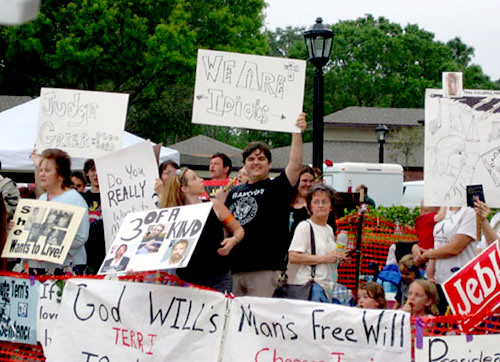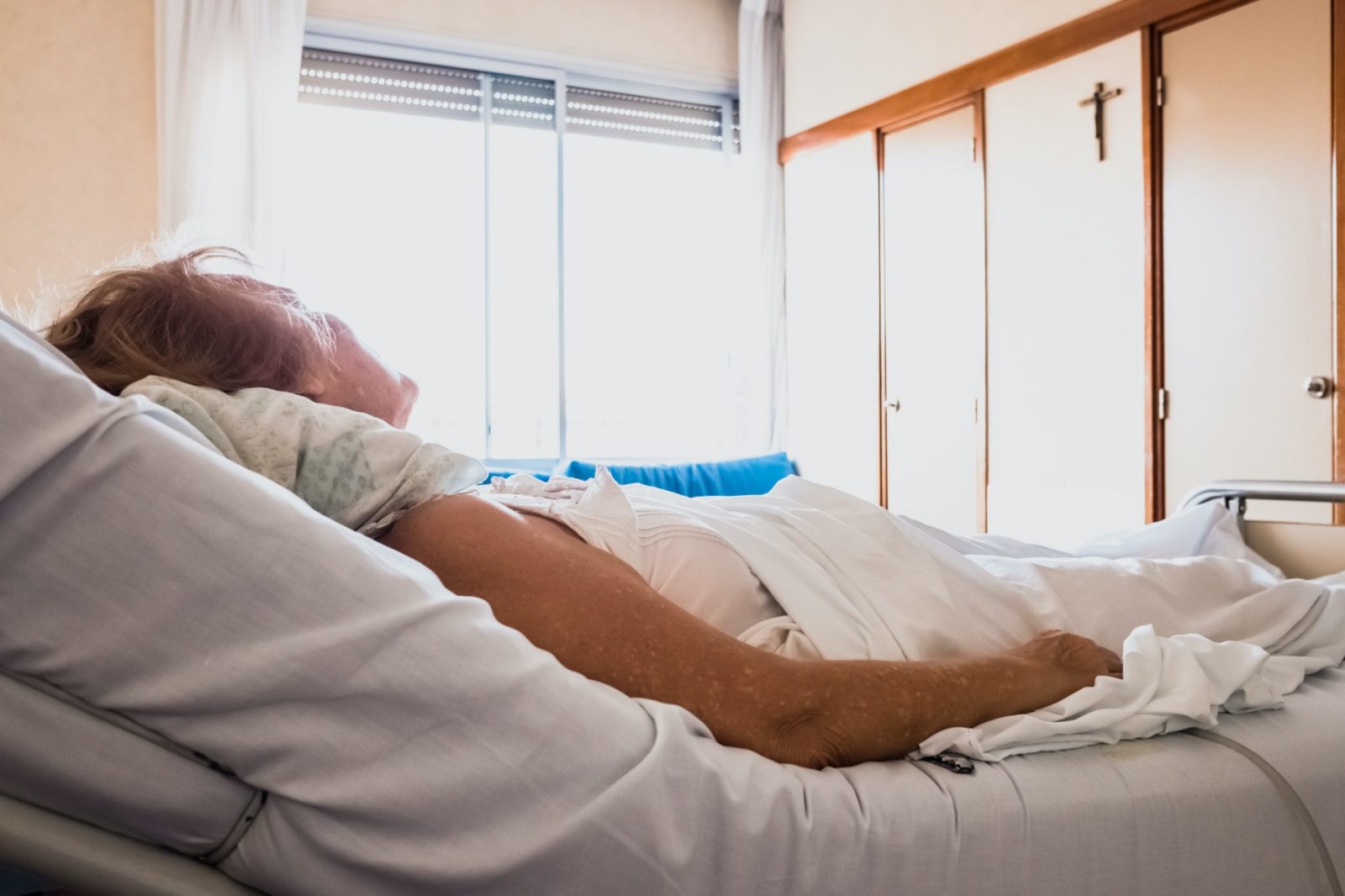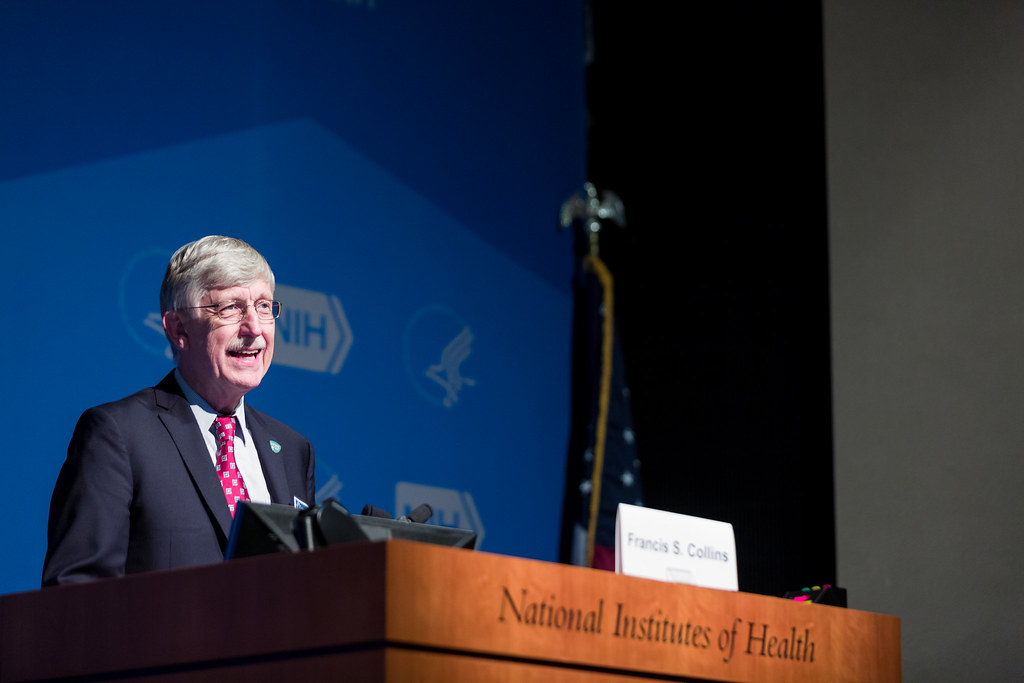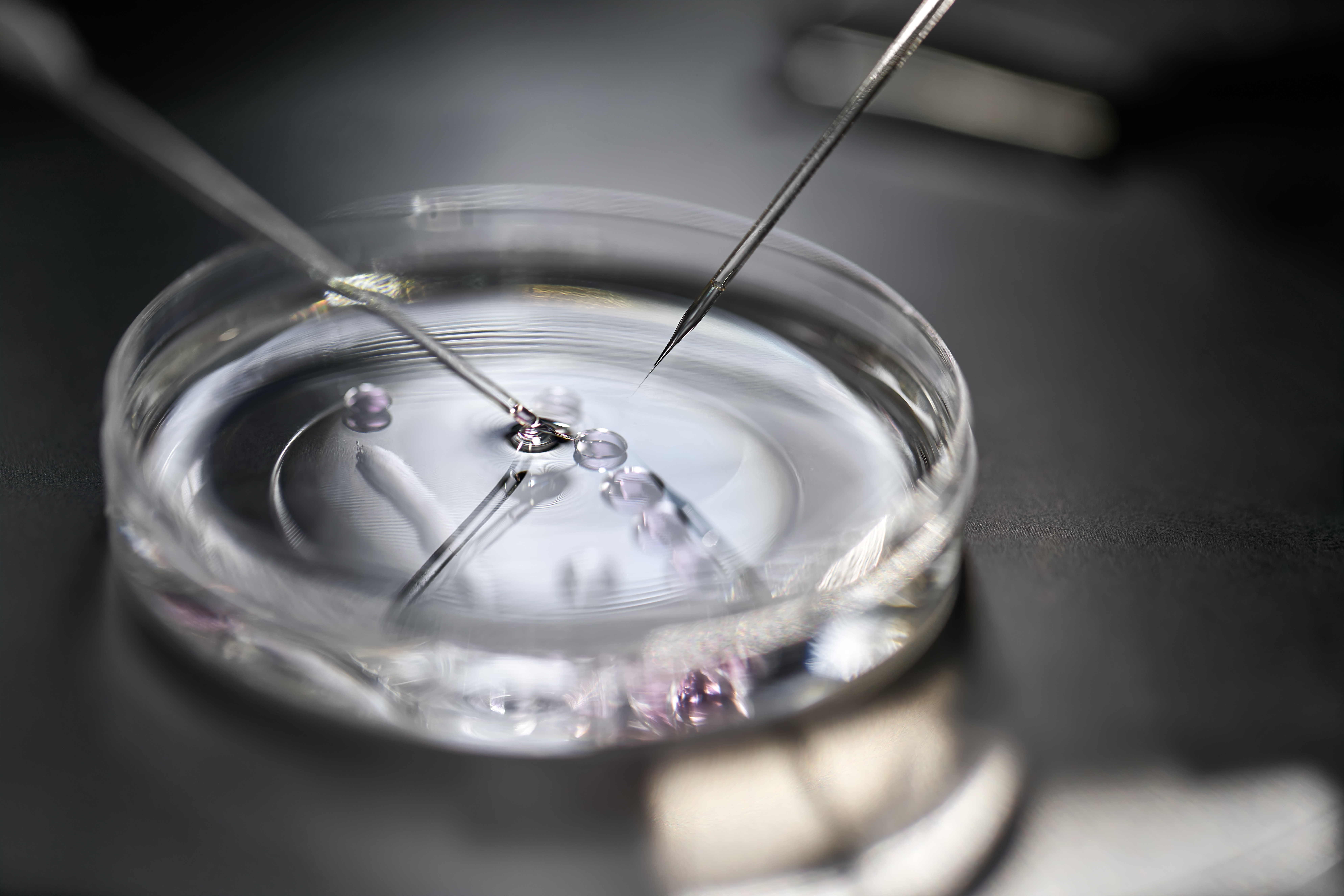


Terri Schiavo Case Was a Culture-of-Death Tipping Point

Legalizing ‘Medical Aid in Dying’ Normalizes Suicide

NIH Director Francis Collins Isn’t A National Treasure, He’s A National Disgrace

Abusing Science in the Name of “Science”
Brave New Clarity
Last Thursday, the President’s Council on Bioethics issued its first public-policy recommendations on the issue of human cloning. The report was thorough, well articulated, and exhibited a refreshing moral clarity. That stated, however, my view of the report is mixed. My first impression is that the news is mildly bad, somewhat indifferent, but also very good. Let me explain. FALLING Read More ›

A New Foundation for Positive Cultural Change
Doing the DNA dance
The Death of Us
The Definition of Death, Contemporary Controversies, edited by Stuart J. Youngner, Robert, M. Arnold, and Renie Schapiro. Johns Hopkins Univ. Press, 346 pp., $ 54 In just thirty years, bioethics has grown from a group of ruminating philosophers and theologians into one of the country’s most fiercely secularized and influential intellectual forces. Bioethicists sit on presidential advisory commissions, teach in Read More ›